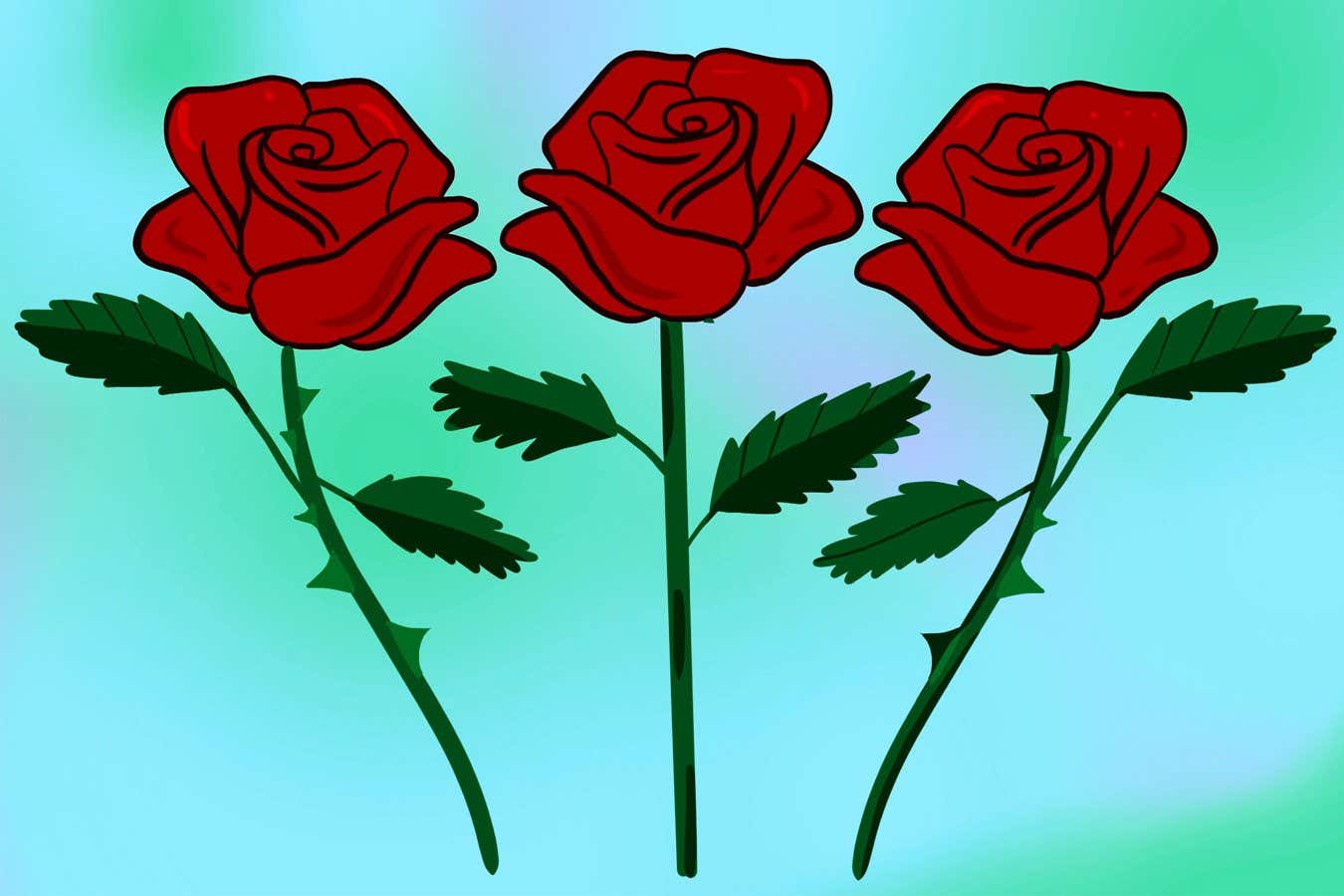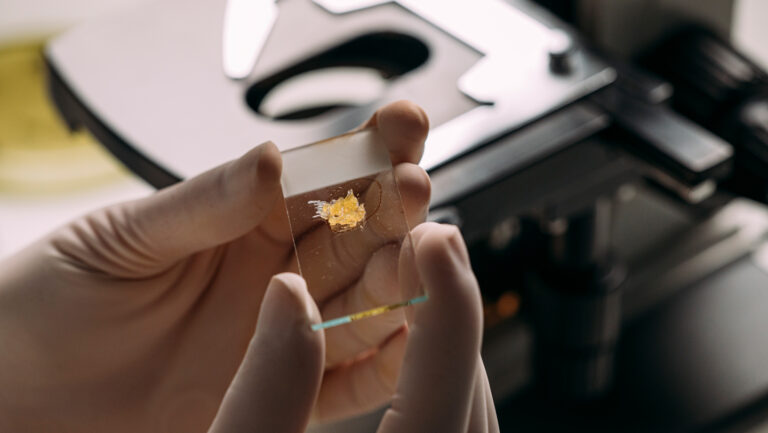

Feedback is New Scientist’s popular sideways look at the latest science and technology news. You can submit items you believe may amuse readers to Feedback by emailing feedback@newscientist.com
Feeling prickly
Feedback doesn’t want to overstate this, but we think we have found a problem that will rewrite a huge swathe of music and literature and force us to reconsider one of our most cherished metaphors.
It started when we wrote about educators using Taylor Swift music videos to introduce their students to botany (27 September). Reader Gerald Legg wrote in to highlight a couple of issues. First, one of the topics we said the students were learning was “competition for lightning”. Obviously, that should have been “lighting”. In our defence, we checked the original academic paper, and it’s wrong in there too.
However, it was Gerald’s second point that sent Feedback into a spiral. As a passing joke, we had said that “botany is a rose garden filled with thorns” (if you don’t get the reference, we can only assume there is a blank space where your Taylor Swift knowledge should be).
Gerald says: “Sorry, but botany is not a rose garden filled with thorns, unless you’ve got shrubs like blackthorn. Roses do not have thorns but prickles which are superficial epidermal outgrowth whereas thorns are modified stems.”
Feedback ran to a selection of search engines and consulted expert sources like the New York Botanical Garden website. We finally satisfied ourselves that, yes, roses don’t have thorns. Those sharp things are prickles.
The thing is, it isn’t just one joke in Feedback, or one Swift lyric, that is invalidated by this distinction. For starters, we must rewrite William Shakespeare – twice. Sonnet 54 warns readers that “The canker blooms have full as deep a dye / As the perfumèd tincture of the roses / Hang on such thorns”, which is just wrong. And then there’s Sonnet 35, which ought to begin: “No more be grieved at that which thou hast done / Roses have prickles, and silver fountains mud.”
Likewise, Henry Van Dyke should really have called his poem Prickle and Rose, and begun it as follows: “Far richer than a prickleless rose / Whose branch with beauty never glows.”
Feedback is starting to think that botanical literalism might not work for poetry and song. Still, there are upsides. We get to keep Johann von Goethe’s Heidenröslein, because Goethe only says that “Little rose defended herself and pricked”, without specifying the appendage doing the pricking.
And pleasingly, the droopy power ballad Every Rose Has its Thorn by hair metal purveyors Poison can be safely disposed of. Every cloud has a silver lining.
Sperm tracking
Earlier this year, Feedback devoted a lot of column inches to the Scunthorpe problem: the fact that innocuous words and phrases often contain letter strings that may be offensive when viewed in isolation, which makes it difficult to build automated tools to moderate internet conversations (26 April).
We thought this well might have run dry, but educator and researcher Bernd Würsig is here to tell us otherwise. In the early 2000s, Würsig was leading a team of researchers studying sperm whales in the Gulf of Mexico – and attentive readers have probably guessed where this is going.
One of the researchers was sending daily written reports via satellite phone, but only about half of them got through. It finally dawned on the scientists that many reports used the word “sperm”, so the university server was deleting them.
They got around it by sending reports with lines like: “We photographed and followed a matriarchy of whales.”
Just one letter
Our ongoing search for the most inspired and/or unedifying scientific acronyms continues.
Christina Cheers starts things off by highlighting an institute that is now called the Australian Centre for Disease Preparedness. It’s one of those biosafety labs, she explains, that studies “highly contagious animal diseases”.
Over its 40-year history, the centre has seen a few name changes – its current moniker was bestowed in April 2020. Before then, it was called the Australian Animal Health Laboratory. However, according to Christina, it once had a third name.
During its early development, the centre was called the Australian National Animal Health Laboratory, “until the sniggers from many scientists alerted the bureaucrats to the pronunciation [of its acronym] and ‘National’ was deleted”.
Curiously, Feedback could find no mention of this little acronymic misdemeanour on the centre’s website. Digging around, however, we found an article in the Australian Veterinary Journal from 1974, describing the proposed lab and its benefits. Not only does the article repeatedly call it the Australian National Animal Health Laboratory, including in the title, it even uses the resulting unfortunate acronym.
But for a truly tangled acronym, try Niall Leighton’s offering – a European research project that examines “how online narratives, including conspiracy theories and misinformation, spread and evolve, with a focus on individuals aged 45-65”. (Failure to read New Scientist, that’s how.)
The project is called Social Media Narratives: Addressing Extremism in Middle-Age. This ought to be condensed to SMNAEM(A), but somehow has been abbreviated to SMIDGE. Niall says (“but I’m guessing”) that it works like this: Social Media narratives: Addressing extremism in mIDdle-aGE.
If anyone can top that, they are a GENuinely Intelligent yet hUmble perSon.
Got a story for Feedback?
You can send stories to Feedback by email at feedback@newscientist.com. Please include your home address. This week’s and past Feedbacks can be seen on our website.



